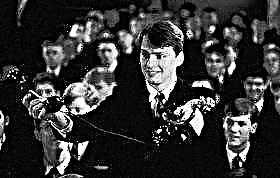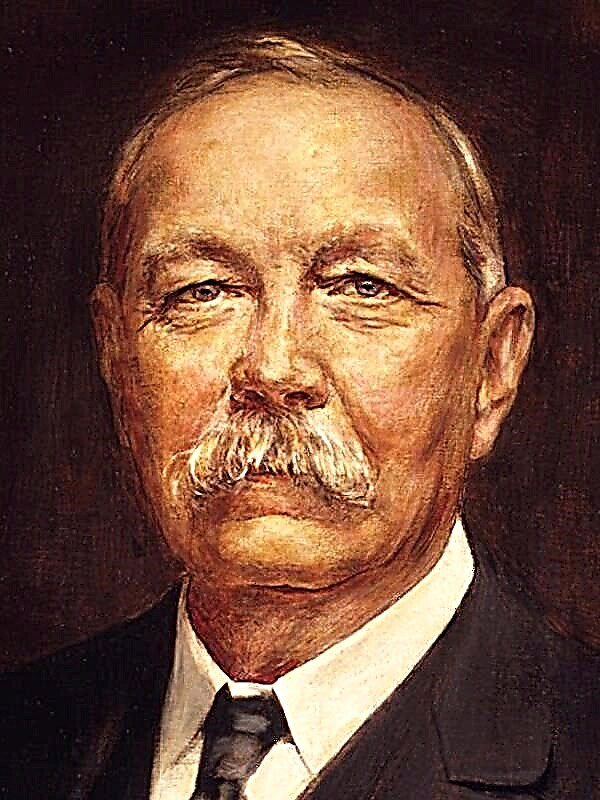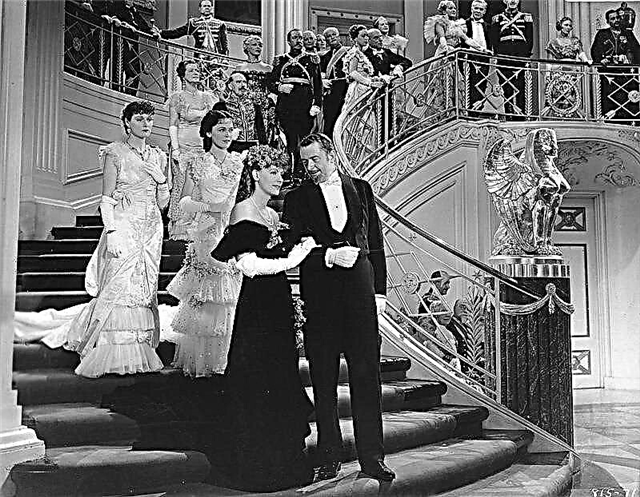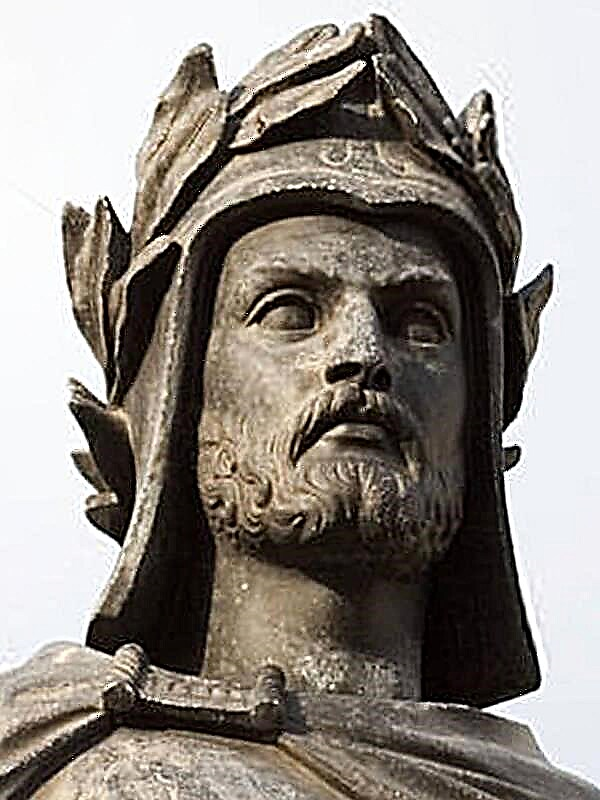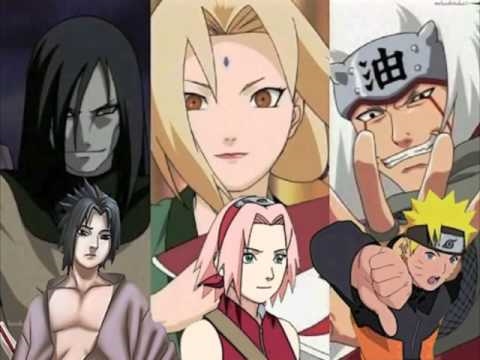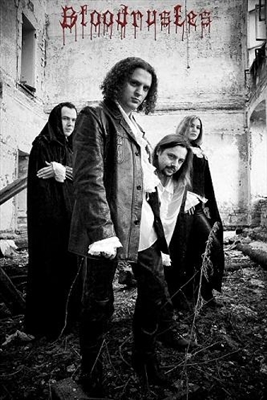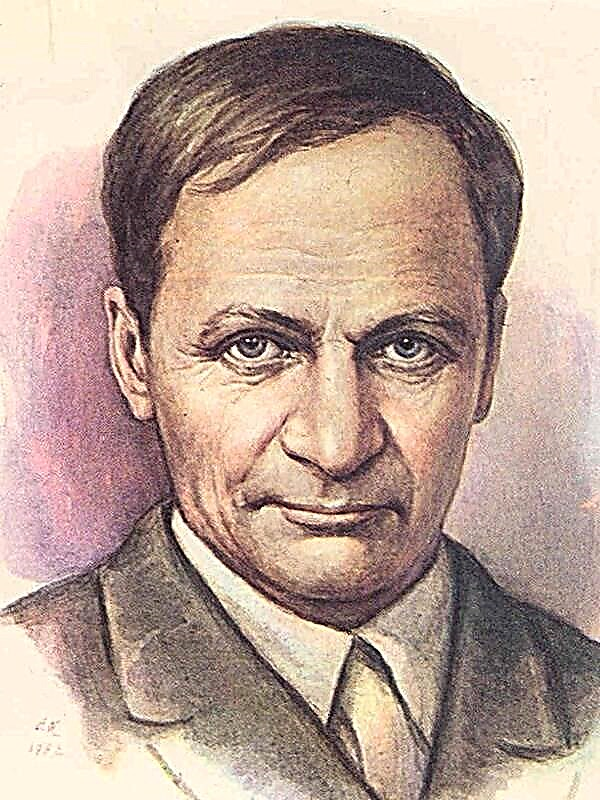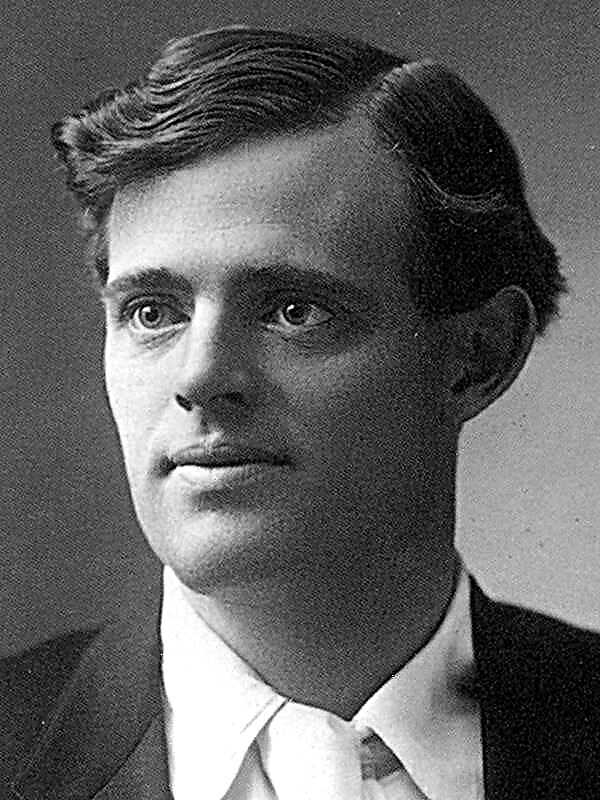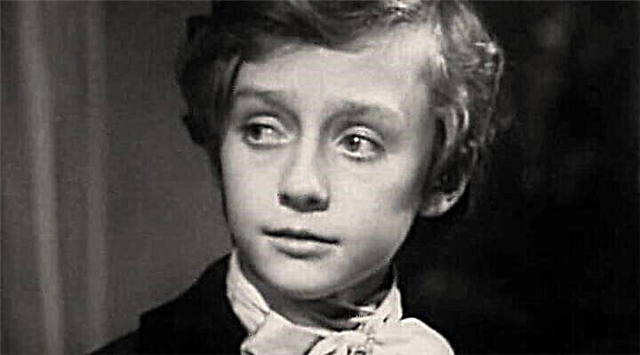We can say that kindness and cruelty are two sides of the same coin. An act committed by one person with good intentions may be cruel to another; and cruelty can hide behind a cloak of kindness and courage. We find such examples in M. Lermontov’s novel “A Hero of Our Time”. Let's look at them in more detail.
- (Kindness and cruelty as sides of one soul) In the novel, we see several situations where love and kindness for one thing turns into cruelty for another. For example, the love of someone else's horse and the desire to get it becomes the reason for the kidnapping of his own sister by Azamat. Because of the same horse, love for his fellow robber, Kazbich himself kills both Bela's father and herself. And Pechorin, on the contrary, is ready to kidnap both herself and another horse out of love for Bela. Moreover, he puts a bet on Bela’s love that he will conquer her in a week, promising her his heart and loyalty, wishing only her happiness, however, only in words. Submissive to his nature, he quickly cools down to her, leaving the poor girl, deprived of family, home, and now love, to suffer. This means that kindness and cruelty in the human heart are closely intertwined, and a person often confuses one and the other. Remaining kind in relation to himself and his environment, he brutally dealt with all other people, not feeling responsibility for what he was doing.
- Indifference as cruelty we see for the first time in the character of Pechorin when meeting with Maxim Maksimych. When the old man joyfully met his comrade, Gregory only coldly said goodbye to him, wanting to leave as soon as possible. Such an attitude hurt the hero, because he and his young assistant experienced a lot together when they served, and now an old friend does not want to know him. Further, revealing the character of the hero, Lermontov increasingly shows us this feature of him. Pechorin shrugs equally, both on Mary's confession (first in love, then in hatred) and the departure of former friend Dr. Werner. For Gregory, winning the love of Princess Mary, abducting Bela and his other actions is just a remedy for boredom, a desire to fill his life with at least something, as well as a thirst for power, a desire to be an object of admiration, adoration for a young inexperienced girl. To this end, he successfully manipulates the people around him. He does not hit or kill anyone, but his cruelty, manifested in indifference, painfully injures those who are next to him. Indeed, the most terrible type of human cruelty is indifference.
- (Cruelty in the guise of justice). Separate attention in the framework of this topic requires relations between Pechorin and Grushnitsky. Initially, internally despised and mocked, Pechorin, nevertheless, enters into trust, becomes for Grushnitsky a comrade and friend. The beginning of the crisis in their relationship is Mary’s "luring" and the desire to hurt Grushnitsky, to show him his absurdity and nearness. Naturally, the junker decided to avenge the "comrade" for an undeserved offense. He provoked a duel, but decided to replace the pistols with a dead weapon, so that Gregory could not harm him. But Pechorin figured out the trick, changed his pistols and calmly shot an almost unarmed rival. No matter how rational and justified it is on his part, I still think that this is a cruel act. Moreover, such terrible behavior is even worse than undisguised aggression, because Gregory himself covers up his baseness by punishing a coward and a liar. Cruelty under the guise of justice is doubly dangerous, since the person who committed it does not consider himself guilty, which means that he will never recover. So Pechorin could not correct his mistakes, so he remained unhappy, lonely and misunderstood hero.
- (Consequences of cruelty). The most important thing in the history of the hero becomes the moment when he realizes his love for Vera and at the same time his greatest loss in life. Tired of the indifference and neglect of her lover, the woman tells her husband everything, wanting to shield herself from new betrayals. The husband takes her away from Pechorin. Then Gregory chases, but only drives the horse to death. Faith was lost forever, as was his hope for happiness. An adult man, a thunderstorm of female hearts, cried limp on a dusty road. This situation briefly allows him to take off all the masks, boredom, all his contempt for a world too simple and understandable. It was at this moment that he truly suffered, tormented by his own cruelty, returned to him by a boomerang right in the heart. That is how his cruel indifference to women responds. As we see, the consequences of cruelty are very tragic, because a person remains alone, everyone leaves him.
- (Causes of Cruelty). It is necessary to understand where the cruelty was born in the character of Pechorin? He himself points to it, referring to fate, the will of chance and coincidence. “I am so stupidly created”, “I have a role”, “I didn’t guess my purpose” - these are his justifications for his actions and a stupid life. Because of this, he abducted and dishonored Bela, killed Grushnitsky, ruined the lives of Princess Mary and Vera, who loved him very much, offended and scared all his friends. But did all this cruelty come from the will of evil fate? Not. But in fact, the reasons behind these phrases are much deeper - this is the reluctance to take responsibility for their own destiny, selfishness and weakness in the face of their base passions. It was this tangle of wrong decisions and belief in the destiny that became the reasons for this attitude to the people around him and to the world as a whole.
- Cruelty is not always obvious., and sometimes it may even seem like courage, and self-sacrifice, and kindness. Let us recall, for example, the illustrious nobility of Pechorin in front of the princess at a ball or taking the exuberant Cossack alone in the chapter "Fatalist". Both actions would look noble and honest from the side if we did not know the inner motives of the hero. After all, he made the first demonstration after he decided to win Mary’s love, and the second - in order to test his fate and verify his plan. As we remember, playing on the feelings of a young girl was a disgusting and cruel manifestation of Pechorin's character, who deceived her hopes in order to freely enter the Ligovsky house, where his mistress lived. Nothing good can be said either about taking the aggressive Cossack who killed Vulich, because Gregory was cruel even to himself and did not spare his life. Because he went to the armed Cossack, but not because of courage, but because he did not value himself. Thus, cruelty can take on any guise, so it is important to be able to distinguish it under any mask, otherwise it will not be possible to avoid the tragic consequences of a perfect mistake.

